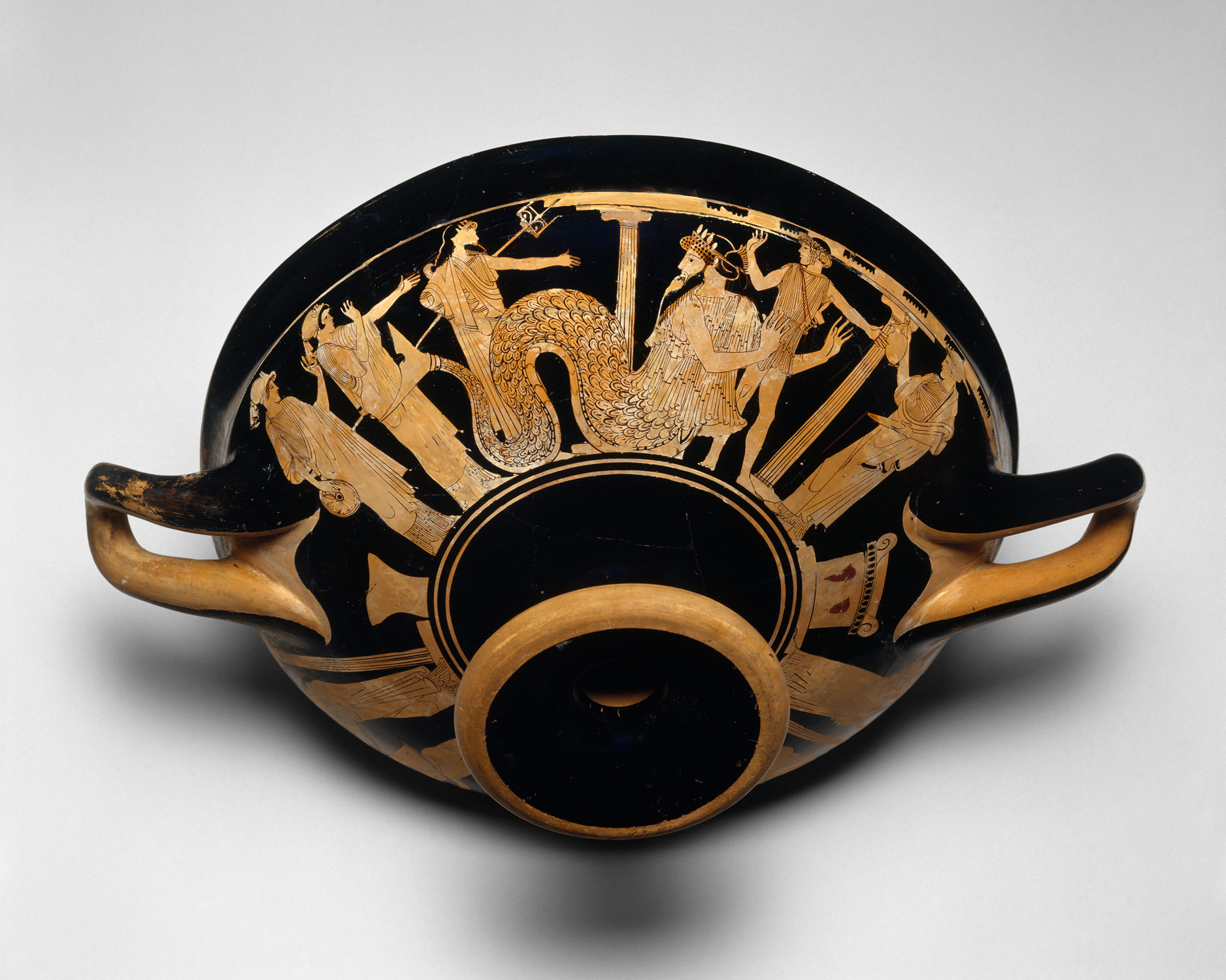

#Theseus timelane Patch#
In order to get it working properly with our OS in Rust, we need to patch it and build it locally. GDB has built-in support for QEMU, but it doesn't play nicely with OSes that run in 64-bit long mode. To boot Theseus over PXE (network boot), see this set of separate instructions. iso file in the build/ directory to a USB, e.g., using Rufus on Windows. On WSL or other host environments where /dev device nodes don't exist, you can simply run make iso and burn the. To boot over USB, simply run make boot usb=sdc, in which sdc is the device node for the USB disk itself ( not a partition like sdc2) to which you want to write the OS image.

We have tested Theseus on a variety of real machines, including Intel NUC devices, various Thinkpad laptops, and Supermicro servers.Ĭurrently, the only limiting factor is that the device support booting via USB or PXE using traditional BIOS rather than UEFI support for UEFI is a work-in-progress. Make view-book # for the Theseus book Other Booting on Real Hardware Make view-doc # for the source-level docs

#Theseus timelane install#
To install KVM, run the following command: While not strictly required, KVM will speed up the execution of QEMU. To access/expose a PCI device in QEMU using PCI passthrough via VFIO, see these instructions. On Mac, manually select VGA or compact_monitor0 under View from the QEMU menu bar. Switch back to the main window with Ctrl + Alt + 1. To investigate the hardware/machine state of the running QEMU VM, you can switch to the QEMU console by pressing Ctrl + Alt + 2. To exit QEMU, in the terminal window that you originally ran make run, press Ctrl + A then X, or you can also click the GUI ⓧ button on the title bar if running QEMU in graphical mode. To release, press Ctrl + Alt + G (or just Ctrl + Alt on some systems), which releases your keyboard and mouse focus from the QEMU window. QEMU allows us to run Theseus quickly and easily in its own virtual machine. Git -C limine-prebuilt reset -hard 3f6a330įeel free to try newer versions, however they may not work.


 0 kommentar(er)
0 kommentar(er)
